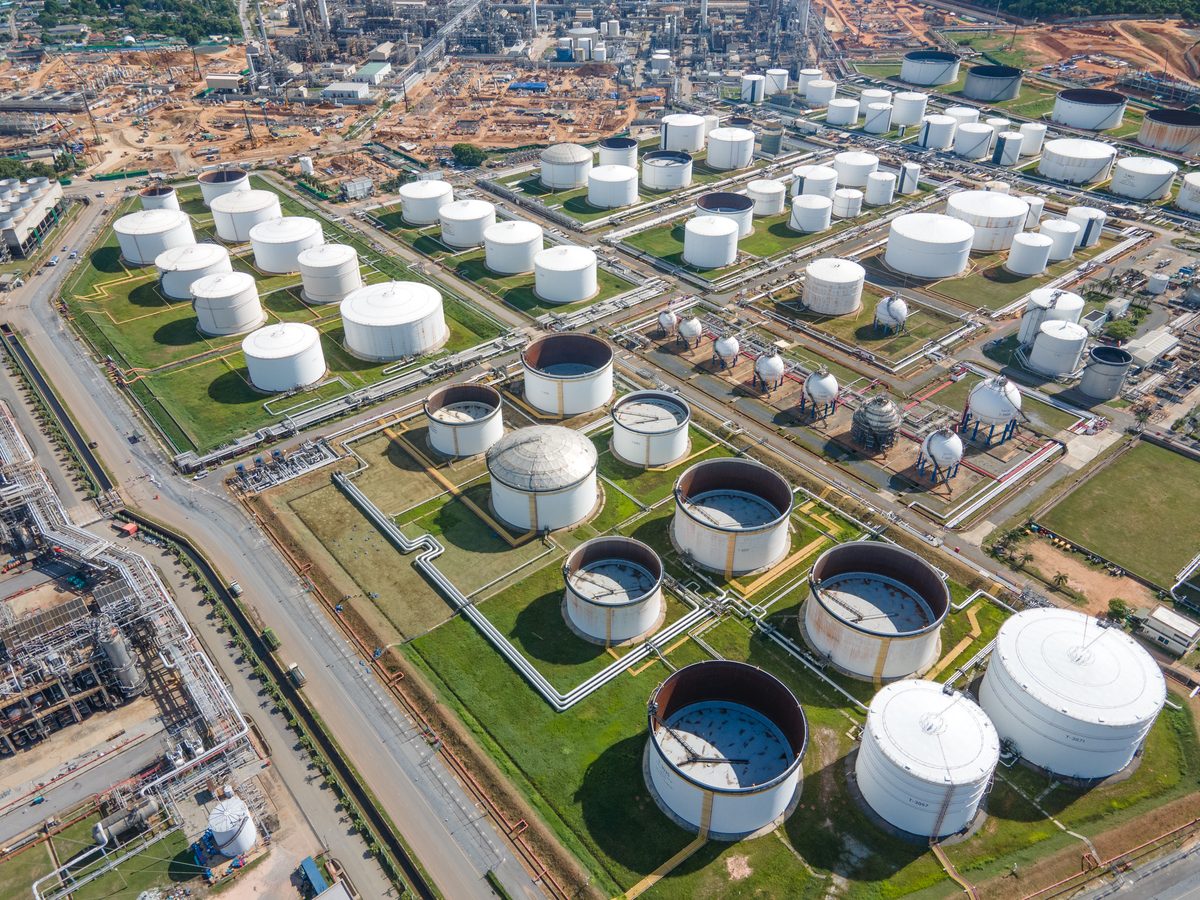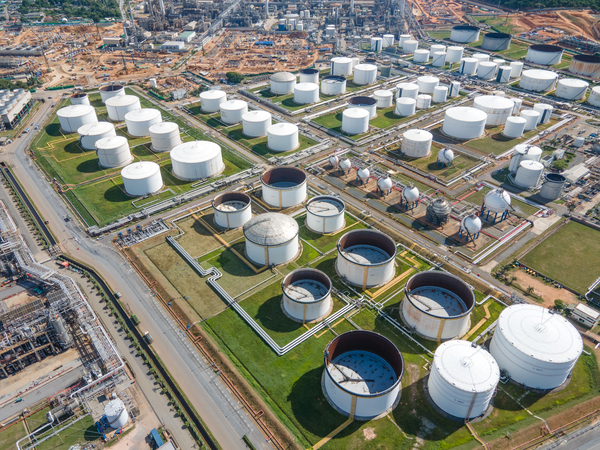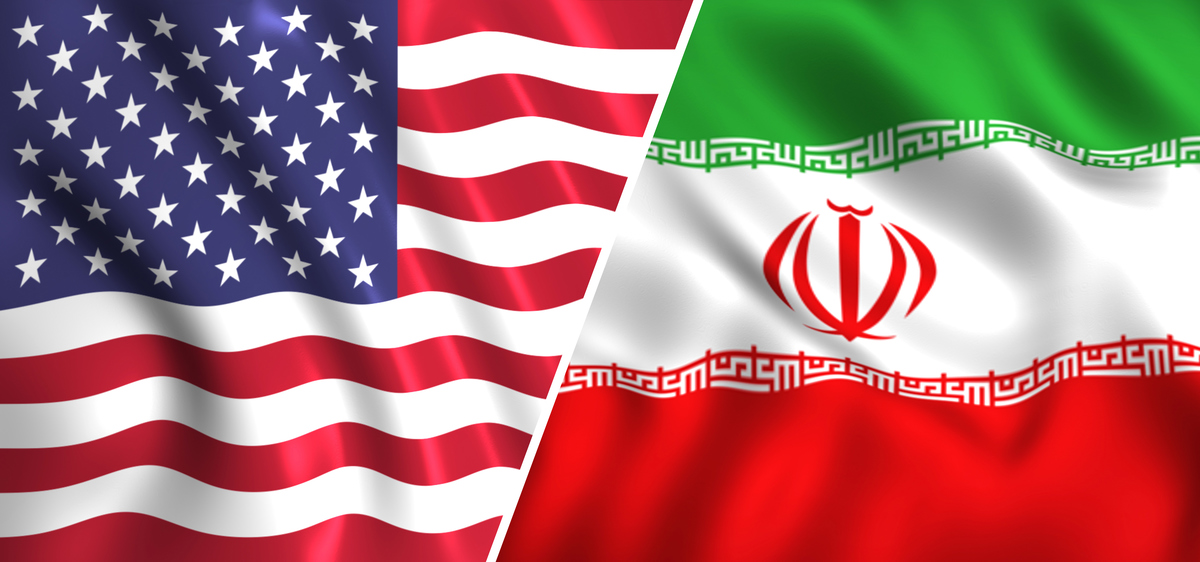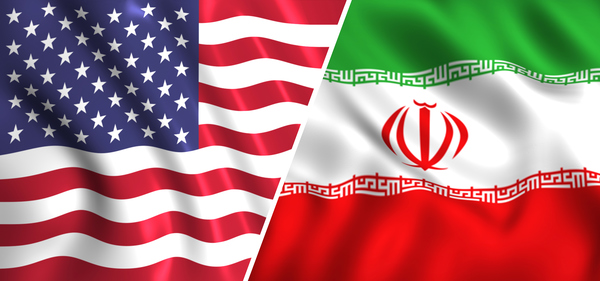Crude jumps as tightening supply offsets concerns over SPR drawdown and weaker demand
Front-month ICE Brent has surged $3.34 higher on the day, to $93.37/bbl at 09.00 GMT.
 PHOTO: A near-term OPEC+ production cut and EU sanctions on Russian oil imports are causing supply concerns for crude oil. Getty Images
PHOTO: A near-term OPEC+ production cut and EU sanctions on Russian oil imports are causing supply concerns for crude oil. Getty Images
Upward pressure:
Amin Nasser and Jamie Dimon, the heads of Saudi Aramco and JP Morgan, have both warned of a supply squeeze in the oil market if demand exceeds output. Nasser has cautioned that spare global oil production capacity is very low, and Dimon has expressed caution regarding inadequate production in light of the green energy transition.
Commonwealth Bank commodities analyst Vivek Dhar has told Reuters that OPEC+ supply cuts and looming EU sanctions on Russian oil imports are adding upward pressure on oil prices.
Although the International Energy Agency (IEA) has projected that OPEC+'s actual output cut will only be around 1 million b/d, most of its members have already failed to meet current production quotas, with Russia underproducing the most.
The IEA has predicted a further decline in Russian production as a result of the EU's impending embargo on its crude imports. JP Morgan analysts have estimated Russian output to decline by 600,000 b/d by year-end.
Downward pressure:
The US has announced the release of 15 million bbls of crude from its strategic petroleum reserves (SPRs) in December. This will be the last tranche released from its previous 180 million-bbl drawdown. The Biden administration has said it will be ready to undertake "significant" additional SPR releases between December and March if necessary.
The White House has also released a fact sheet that outlines its intention to refill the SPRs at a price between $67-72/bbl. It has been under pressure from legislators to stop selling oil from the SPRs after official data indicated that they are at lowest levels since 1984.
Chinese oil demand is under threat as more cities enact full or partial lockdowns as part of the government's zero-Covid policy. Key economic data has been delayed indefinitely by the government.
Beijing is the latest Chinese city after Zhengzhou to impose stricter restrictions as Covid-19 cases have quadrupled during a key Chinese Communist Party congress. According to DHL Global Forwarding, China's zero-Covid policy has hurt major manufacturing and export centers like Chengdu, Dalian, Guangzhou, Shenzhen and Tianjin.
By Konica Bhatt
Please get in touch with comments or additional info to news@engine.online






